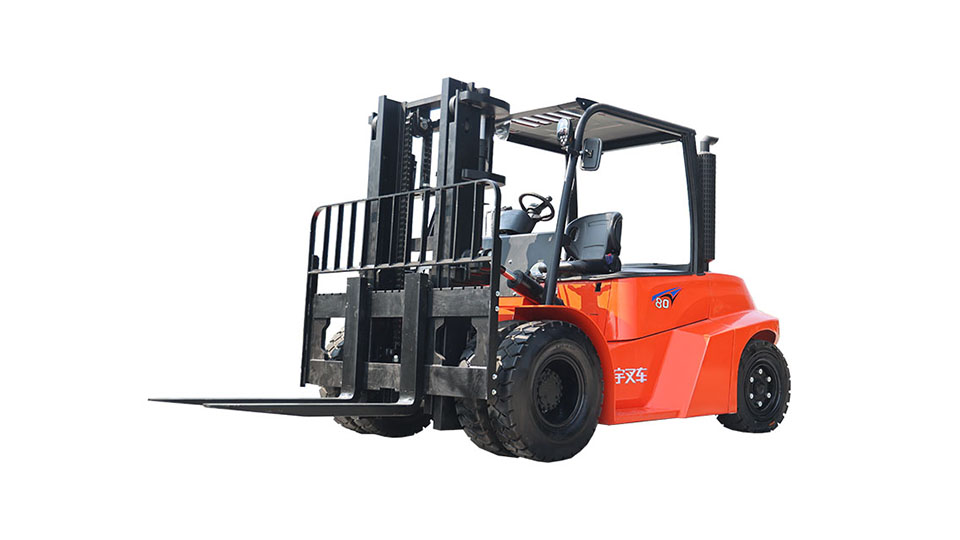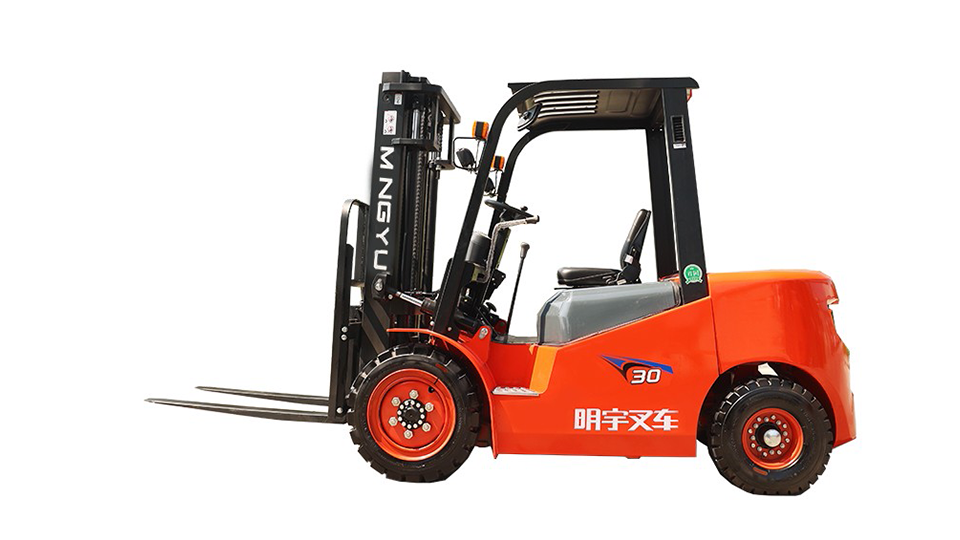
The Employer's Role and Responsibility
Employers have a legal and ethical obligation to maintain a safe workplace. This responsibility is outlined in the Occupational Safety and Health Act of 1970, which established the Occupational Safety and Health Administration (OSHA). OSHA regulations, particularly 29 CFR 1910.178, mandate that employers provide comprehensive training for all powered industrial truck operators and ensure a safe work environment.
When a forklift accident occurs, an employer's response is often guided by a structured investigation process. This process is designed to determine what went wrong and how to prevent it from happening again.
Incident Investigation: The first step is a thorough investigation. This involves collecting evidence, interviewing witnesses, reviewing security footage, and examining the forklift and the accident scene. The goal is to determine if the accident was caused by operator error, equipment malfunction, or unsafe working conditions.

Policy Review: The employer will review their company's safety policies and procedures. If the accident was a result of the operator violating a clear safety rule—such as speeding, not wearing a seatbelt, or operating the forklift while impaired—this will be a major factor in the decision-making process.
Employee's Safety Record: An employee's history is also a significant consideration. Is this the first time they have been involved in an incident, or do they have a history of safety violations or near-misses? A pattern of disregard for safety protocols makes termination more likely.
Severity of the Accident: The outcome of the accident also plays a role. A minor scrape with no injuries or property damage will likely be handled differently than a serious incident that results in a major injury, a fatality, or significant property damage. The more severe the consequences, the higher the likelihood of termination, especially if operator negligence is a factor.
The Operator's Actions and Accountability
The operator's actions leading up to the accident are the most direct factor in determining if they can be fired. Termination is most likely in cases where the operator's actions were a clear violation of safety standards and training.
Negligence or Recklessness: If an investigation reveals the operator was acting negligently or recklessly, such as performing stunts, speeding in a pedestrian-heavy area, or operating the forklift without proper certification, termination is highly probable. These actions demonstrate a blatant disregard for safety.
Failure to Follow Training: Every certified forklift operator receives training on proper safety procedures, including performing pre-shift inspections, ensuring the stability of loads, and maintaining safe distances. If the accident was a direct result of the operator failing to apply this training, it is a form of negligence. For example, if an operator failed to notice a mechanical defect during a pre-shift inspection, and that defect led to the accident, they could be held accountable.
Violation of Company Policy: Companies often have specific, stricter policies that go beyond federal OSHA standards. These might include rules about cell phone use, reporting near-misses, or specific travel paths within the warehouse. If the accident was caused by a violation of one of these policies, termination is a possible consequence.

When an Operator May Not Be Fired
While the possibility of termination is real, it is not guaranteed. In many cases, employers may opt for less severe disciplinary action, especially if the accident was not due to the operator's direct fault.
Accident Caused by Other Factors: If the investigation determines that the accident was caused by a mechanical failure that was not the operator's fault (e.g., a sudden brake failure that could not have been detected during a pre-shift inspection), a defect in the forklift, or a hazardous condition that the operator could not have anticipated (e.g., a collapsed rack that was previously damaged), the operator is unlikely to be terminated. In these cases, the focus shifts to addressing the root cause and making changes to the work environment or equipment.
Mistake with No Negligence: A simple mistake, such as misjudging a turn and bumping a pallet, might not result in termination, especially if the operator has a good safety record. The employer might use the incident as a "teachable moment" and require the operator to undergo refresher training and a re-evaluation to ensure their skills are still up to standard. This is a common practice for minor incidents.
The At-Will Employment Doctrine
In most U.S. states, employment is considered "at-will." This means an employer can terminate an employee for any reason, or no reason at all, as long as it's not for a discriminatory or illegal reason. This legal doctrine gives employers significant leeway in making termination decisions, and a forklift accident, especially one involving negligence, would almost certainly be considered a valid reason for firing.
However, a termination can still be challenged if the employee can prove that the real reason was discriminatory or a violation of a specific employment contract.
Best Practices for Operators
To avoid the risk of being fired, an operator should always:
Prioritize Safety: Never take shortcuts. Always follow established safety procedures and company policies.
Conduct Thorough Inspections: Always perform a complete pre-shift inspection of the forklift and the work environment.
Communicate Hazards: If you see a potential hazard—like a damaged pallet, a slick spot on the floor, or a defect in a forklift—report it immediately.
Get Refresher Training: If you feel your skills are rusty or you've been assigned a new type of forklift, ask for additional training.
Ultimately, while a forklift accident does not guarantee termination, it is a very real possibility, especially if it is linked to operator negligence or a violation of established safety protocols. Staying vigilant, following training, and prioritizing safety are the best ways to protect your job and, more importantly, the well-being of yourself and your coworkers.
Name: selena
Mobile:+86-13176910558
Tel:+86-0535-2090977
Whatsapp:8613181602336
Email:vip@mingyuforklift.com
Add:Xiaqiu Town, Laizhou, Yantai City, Shandong Province, China